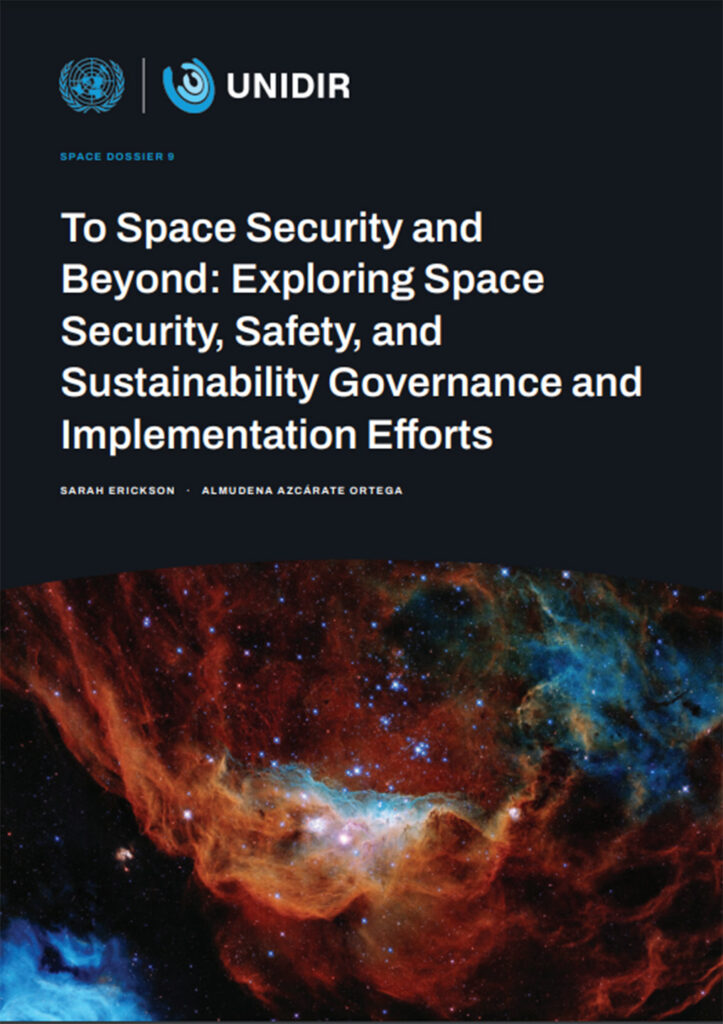In recent years space-related activities have increased dramatically, spurred by growing interest in the space sector among multiple stakeholders, including emerging spacefaring States and the commercial space industry. As a result, Earth’s orbits will become more crowded with new space objects from a rising number of actors. Interconnected with civilian activities, military interest in outer space will almost certainly continue to grow. This may prompt the further development of counterspace capabilities by multiple States, even those that are newly, or not yet, spacefaring. Left unchecked, the increase in space assets, including counterspace technologies, endangers both the safety and security of outer space and creates an unstable and unsustainable space environment for future generations.
However, space security can no longer be achieved by States alone: it will require the cooperation of all stakeholders —international, national and local— to ensure that outer space is kept peaceful and secure. Furthermore, issues on space safety and security should not always be siloed but rather understood as two sides of the same coin: space sustainability.
This report explores the question of how space security, safety and sustainability are connected, both in theory and practice and on the variety of dangers to space sustainability, either in the form of risks to space safety or threats to space security. The report also provides a provisional illustrative mapping of existing national space measures to provide wider insight into the current global space governance landscape and how efforts to ensure space safety, security and sustainability are implemented.
Citation: Sarah Erickson & Almudena Azcárate Ortega. “To Space Security and Beyond: Exploring Space Security, Safety, and Sustainability Governance and Implementation Efforts”, UNIDIR, Geneva, 2023. https://doi.org/10.37559/WMD/23/Space/06.
